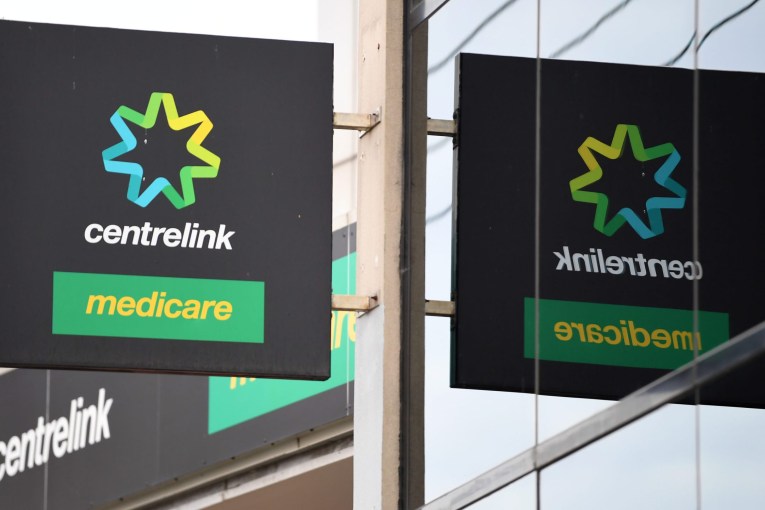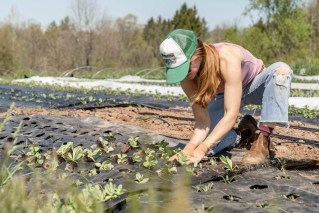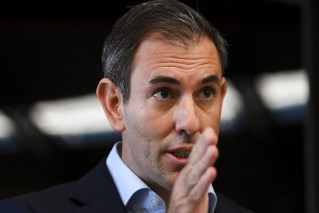How kids have taken $39 billion from the bank of mum and dad
Parents were now paying out an average of $100,000 to help a child enter the housing market but that could be setting them up for big financial problems, according to Digital Finance Analytics.


The bank of mum and dad is now owed $39 billion
As the housing market surged, more first home buyers were struggling to find a deposit to enter the market, forcing them to ask for help from their parents, according to DFA’s Martin North.
That had led to about $39 billion of funds in debt outstanding to the bank of mum and dad.
“It has a very sizeable influence on the housing market,” North said.
But those who entered the market this way were far more likely to default on their loans, he said.
DFA data showed that in 2010, the average amount the “bank of mum and dad” provided to their children was $10,000, but that had grown to almost $100,000 this year and in some cases as much as $300,000. It was also higher in Sydney and Melbourne.
It comes as Prime Minister Scott Morrison announced the price caps for homes available under the first home buyers scheme would increase, expanding the number of people who were eligible.
The Federal Government scheme allows people to buy a home with a deposit of 5 per cent with the Government guaranteeing another 15 per cent.
The guarantee scheme was split into three parts: the First Home Guarantee, aimed at first homebuyers in cities, with 35,000 places per year; the new Regional Home Guarantee, with 10,000 spots, targeted at people buying or constructing new homes in regional areas; and the Family Home Guarantee, aimed at single parents, with 5000 places.
In Queensland, the price cap for a house under the scheme would rise to $700,000 in cities and $450,000 to $550,000 in the regions.
North said about 60 per cent of those seeking to get into the market were looking at their parents to help and the “bank of mum and dad” was now the 10th biggest lender in the housing market, just behind Suncorp.
“Even with interest rates very, very low a lot of people find it difficult in first, saving for a deposit and second, making the monthly repayments,” North said.
“In some cases, they (the parents) have plenty of savings and in others what they are doing is refinancing their own mortgage thanks to the rise in equity they have got headroom and so they are pulling out equity and handing it down to the next generation.
“If you look carefully at the default data, in the subsequent three to five years following the help from the bank of mum and dad, kids who get the help but don’t do the saving or the hard yards, are three times more likely to default (on their home loan) because they don’t have the financial discipline of saving.”
He said using the bank of mum and dad was often a more flexible way of accessing funds than the Government-provided grants and guarantees.
The downsides were that parents could find themselves in negative equity as interest rates rose and the value of their home fell.
“Quite often it’s not totally clear the basis on which money is handed down. Is it a loan, is it a gift? Is it being charged with interest or not? And under what circumstances will the money be repaid?” North said.
“Quite a few people we surveyed had no agreement.”
There were potential problems if there was more than one child and parents were asked to contribute to all of them. That could present problems of equity and even become a problem in wills “which can lead to very dark places”.
“What happens if you hand down money to the kids and they buy a property and that relationship blows up and they have to deal with a separation?
“There are lots and lots of questions here.
parents who had provided funds could find themselves in trouble as interest rates rise. If they have taken equity from their own home to provide for a child, they could be left with negative equity.












